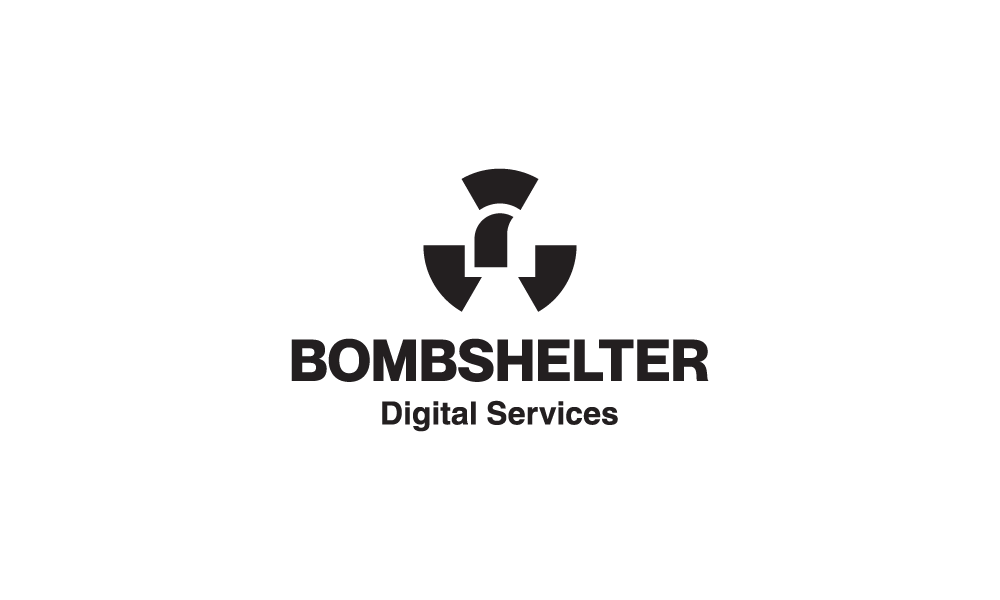In today’s music digital age, musicians have more opportunities than ever to monetize their music beyond traditional album sales and live performances. One lucrative avenue is sync licensing, which involves placing your music in film, TV shows, commercials, and other media. In this guide, we’ll explore what sync licensing is, how it works, and how musicians can leverage it to generate revenue and increase exposure for their music.eye-opening ways to
What is Sync Licensing in Music? Sync licensing refers to the process of granting permission for music to be synchronized with visual media, such as film, television shows, commercials, video games, and online videos. This can include songs, instrumental tracks, or even snippets of music used as background music, theme songs, or soundtracks for specific scenes.
Hey there !!! Need help with Sync Licensing? Reach out to us
How Does Sync Licensing Work?
- Finding Opportunities: Sync licensing opportunities can arise through various channels, including music supervisors, licensing agencies, production companies, and online platforms dedicated to connecting musicians with media creators.
- Negotiating Terms: Once a potential licensing opportunity is identified, negotiations begin regarding the terms of the license, including usage rights, duration, territory, and compensation.
- Clearing Rights: Before a song can be licensed for sync, all necessary righs must be cleared, including master recording rights (owned by the record label or artist) and publishing rights (owned by the songwriter or publisher).
- Licensing Agreement: Once terms are agreed upon and rights are cleared, a licensing agreement is signed, granting the licensee permission to use the music in their project in exchange for a fee or royalty payment.
- Placement and Payment: The licensed music is then synced with the visual media, and the licensee pays the agreed-upon fee or royalty to the rights holders.
How Can Musicians Benefit from Sync Licensing?
- Revenue Generation: Sync licensing offers musicians a new revenue stream beyond traditional music sales and streaming royalties. Depending on the terms of the license, musicians can receive upfront fees, backend royalties, or a combination of both.
- Exposure and Promotion: Placement of music in film, TV shows, and commercials can significantly increase exposure and visibility for musicians, reaching new audiences and driving traffic to their other music releases and online platforms.
- Building Relationships: Working with music supervisors, production companies, and licensing agencies can lead to valuable industry connections and future licensing opportunities. Building relationships with these professionals can open doors to further sync placements and collaborations.
- Creative Opportunities: Sync licensing allows musicians to see their music come to life in visual media, enhancing the storytelling and emotional impact of the content. It offers a unique creative outlet and can inspire new directions for artists’ music.
Conclusion: Sync licensing presents a valuable opportunity for musicians to monetize their music, increase exposure, and build their careers in the entertainment industry. By understanding how sync licensing works and actively seeking opportunities, musicians can unlock new revenue streams, reach broader audiences, and take their music careers to new heights.


